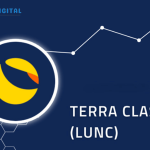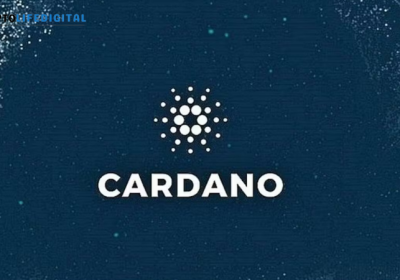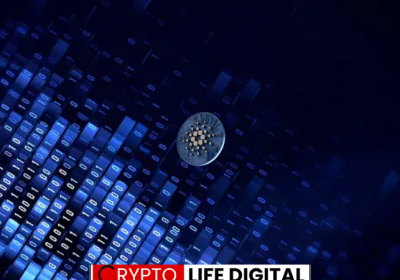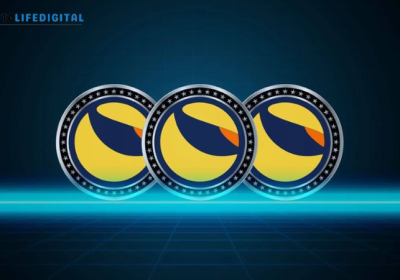Should Terra Classic Validator Burns Be Mandatory?

The recent proposal regarding mandatory token burns by Terra Classic validators has sparked debate within the LUNC community. Here’s a breakdown of the key arguments for and against this proposition:
Arguments for Mandatory Burns
- Reduced Supply: Regular burning of LUNC and USTC by validators could theoretically decrease the overall circulating supply, potentially leading to price appreciation for both tokens.
- Community Confidence: Mandatory burns might instill greater confidence within the LUNC community by demonstrating a commitment to long-term sustainability.
- Fairness and Transparency: A mandatory burn system could ensure all validators contribute proportionately to the burning initiative, fostering a sense of fairness.
Read Also: US Banks and Institutions Can Now Use XRP for Payments, CTF Token Soars
Arguments Against Mandatory Burns
- Validator Disincentivization: Mandatory burns could reduce validator profits, potentially discouraging participation in securing the Terra Classic network.
- Centralization Risk: Enforcing mandatory burns could lead to a more centralized governance structure within the Terra Classic ecosystem.
- Limited Impact: The effectiveness of burning on price remains debatable, and mandatory burns might not have a significant impact on token value.
Read Also: Ripple vs. SEC: Settlement Rumors Debunked, Focus Shifts to Final Judgment
Alternative Solutions
- Incentivized Burns: Instead of mandatory burns, the LUNC community could explore incentivizing validators to burn a portion of their revenue through rewards or recognition programs.
- Community Burns: The community could establish a dedicated burning mechanism funded by voluntary contributions from LUNC holders.
- Focus on Utility: Rather than focusing solely on token price, the community could prioritize building real-world use cases for LUNC and USTC to drive organic growth.
Raising the Issue for Discussion
The proposal to mandate validator burns highlights the LUNC community’s desire to explore solutions that benefit the ecosystem’s long-term health. Open discussions and careful consideration of all options are crucial before implementing any drastic measures.
The DfLunc Validator as an Example
The DfLunc validator’s initiative of voluntarily burning a portion of its revenue serves as a positive example. This approach demonstrates a commitment to the LUNC ecosystem while allowing other validators to decide on their participation level.
Finding the Right Path Forward
The Terra Classic community faces the challenge of balancing validator incentives with long-term sustainability goals. Finding the right path forward will require ongoing discussions, exploration of alternative solutions, and a focus on building a thriving ecosystem centred around real-world utility for LUNC and USTC.
Ultimately, the decision on mandatory burns rests with the LUNC community. By carefully weighing the arguments and potential outcomes, the community can reach a consensus that benefits the future of Terra Classic.
Follow us on Twitter, Facebook, Telegram, and Google News

Cryptolifedigital is a cryptocurrency blogger and analyst known for providing insightful analysis and commentary on the ever-changing digital currency landscape. With a keen eye for market trends and a deep understanding of blockchain technology, Cryptolifedigital helps readers navigate the complexities of the crypto world, making informed investment decisions. Whether you’re a seasoned investor or just starting out, Cryptolifedigital’s analysis offers valuable insights into the world of cryptocurrency.










